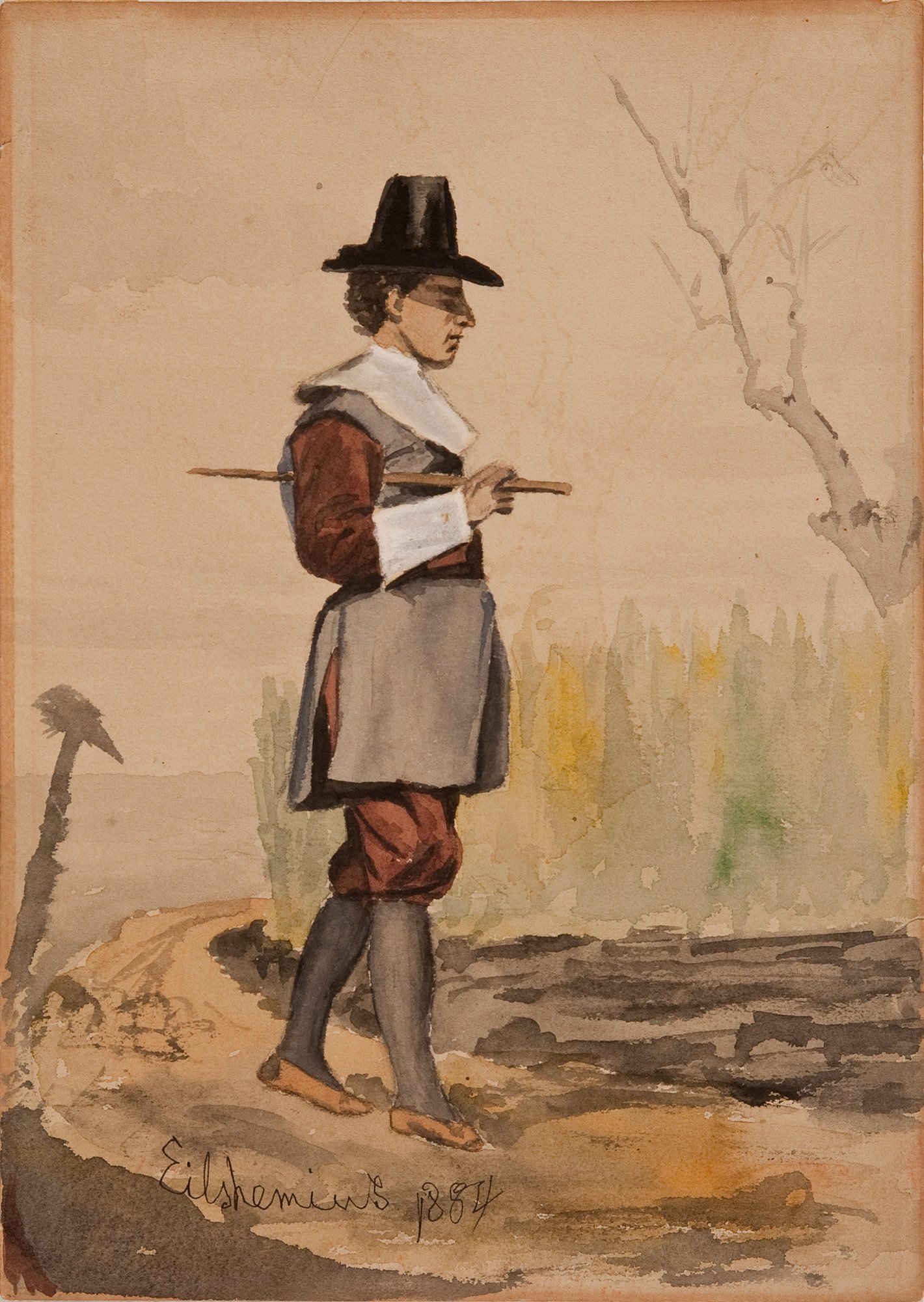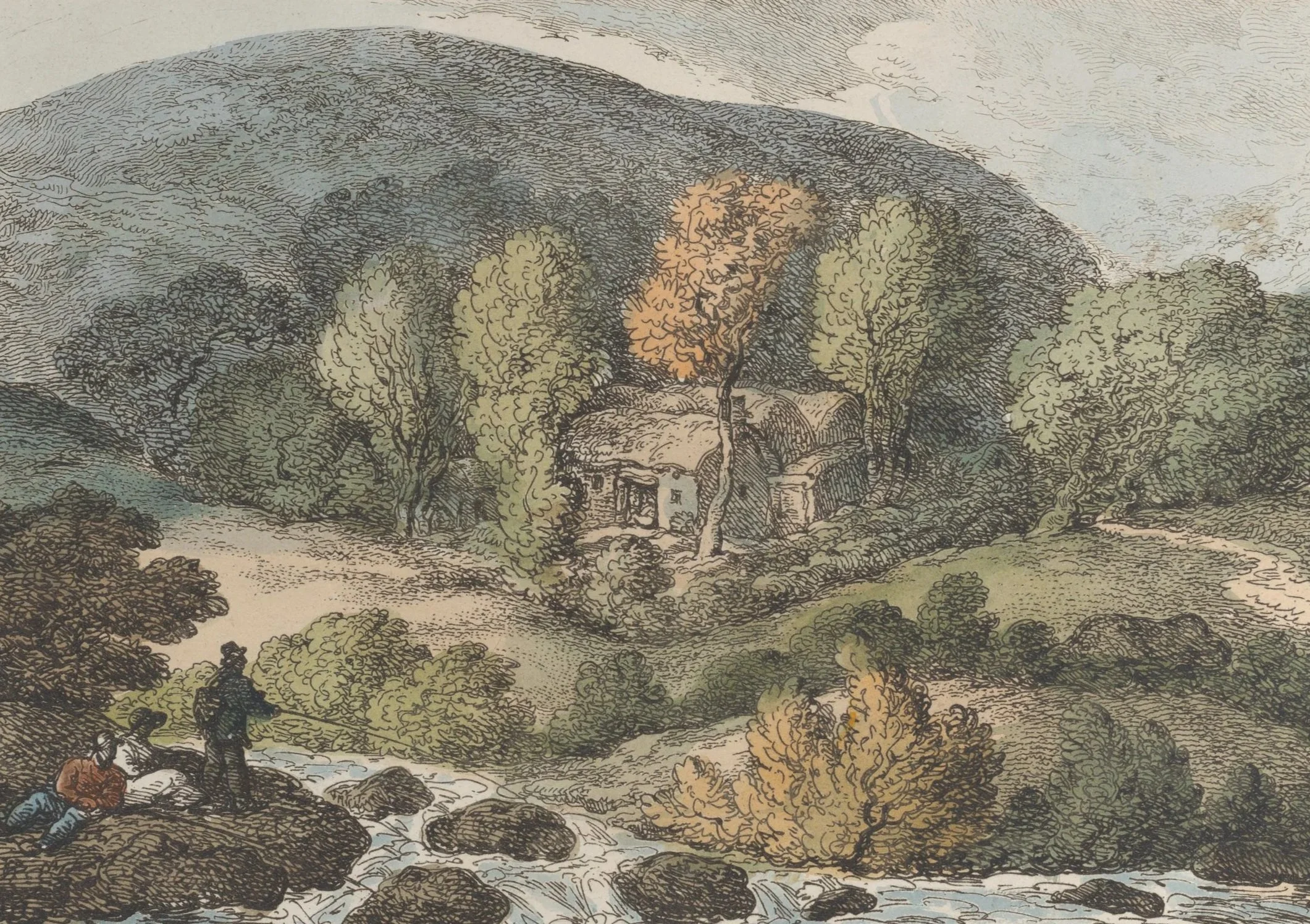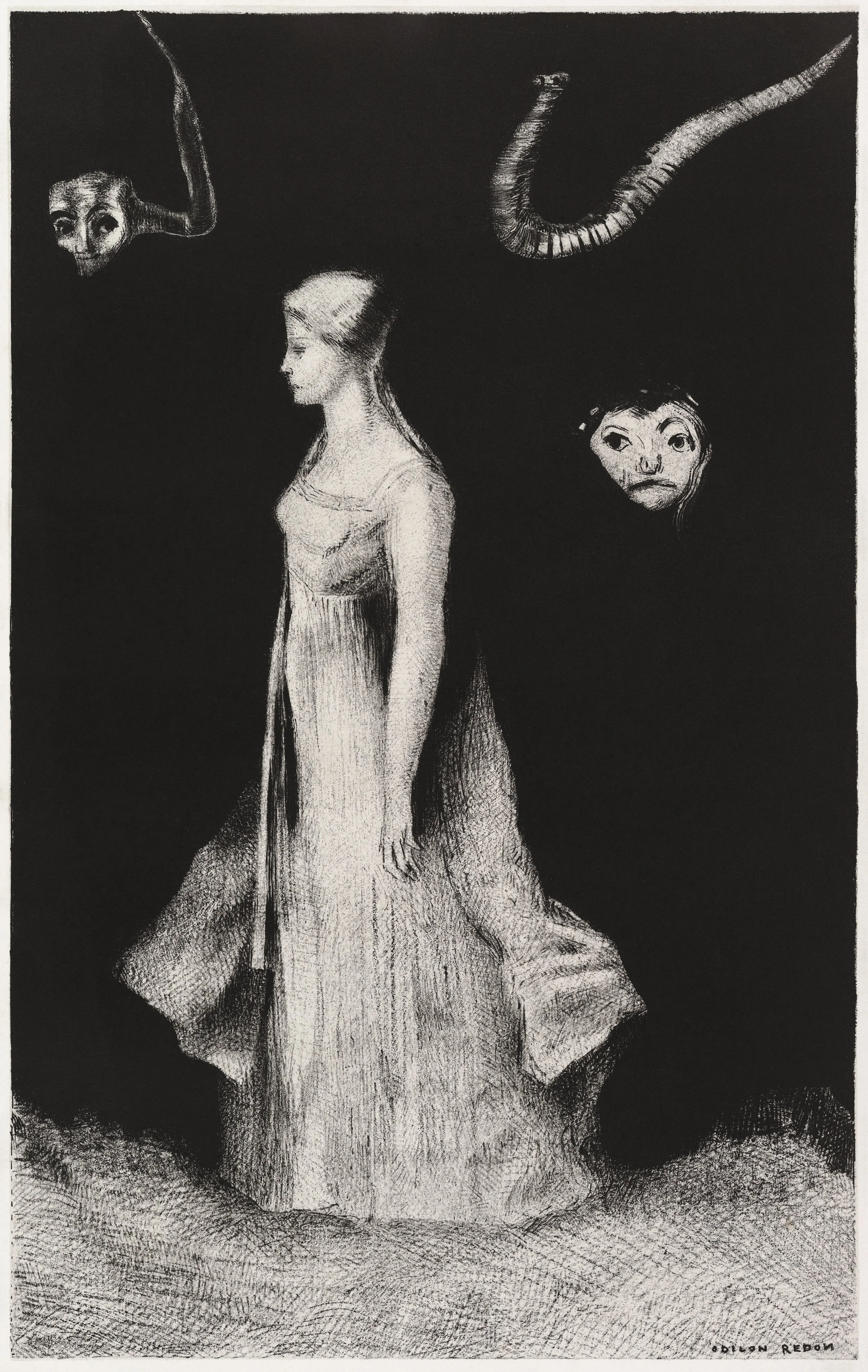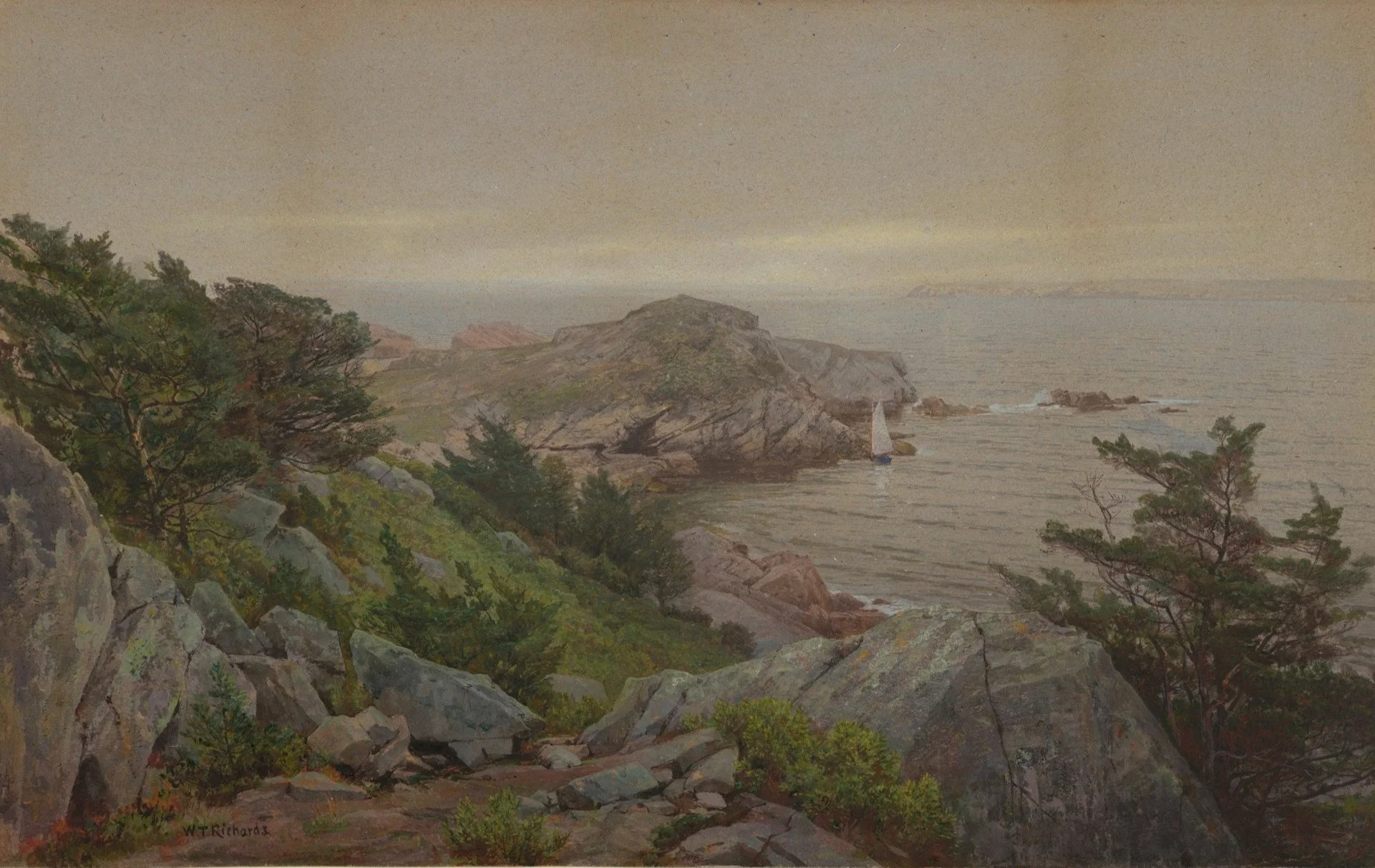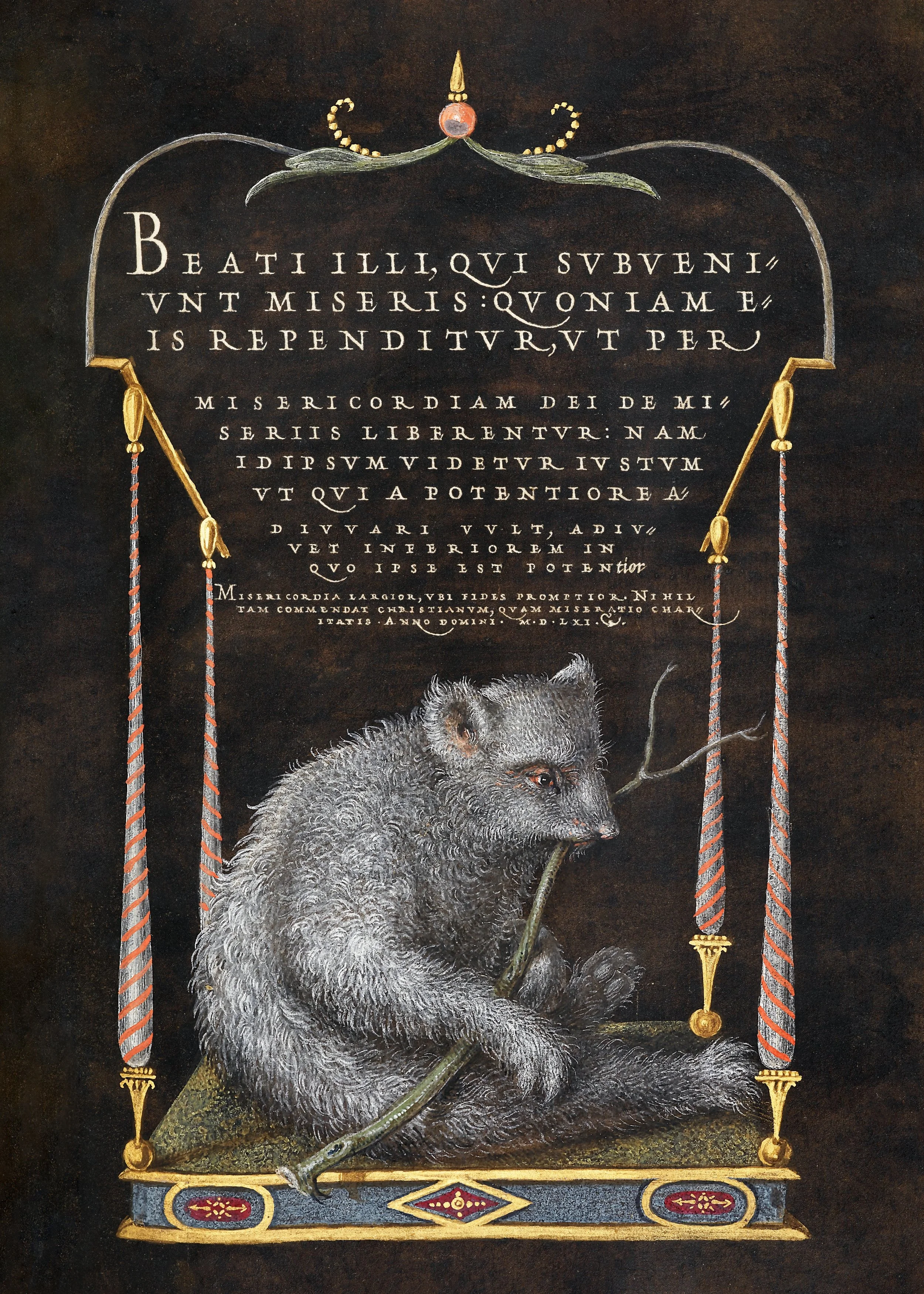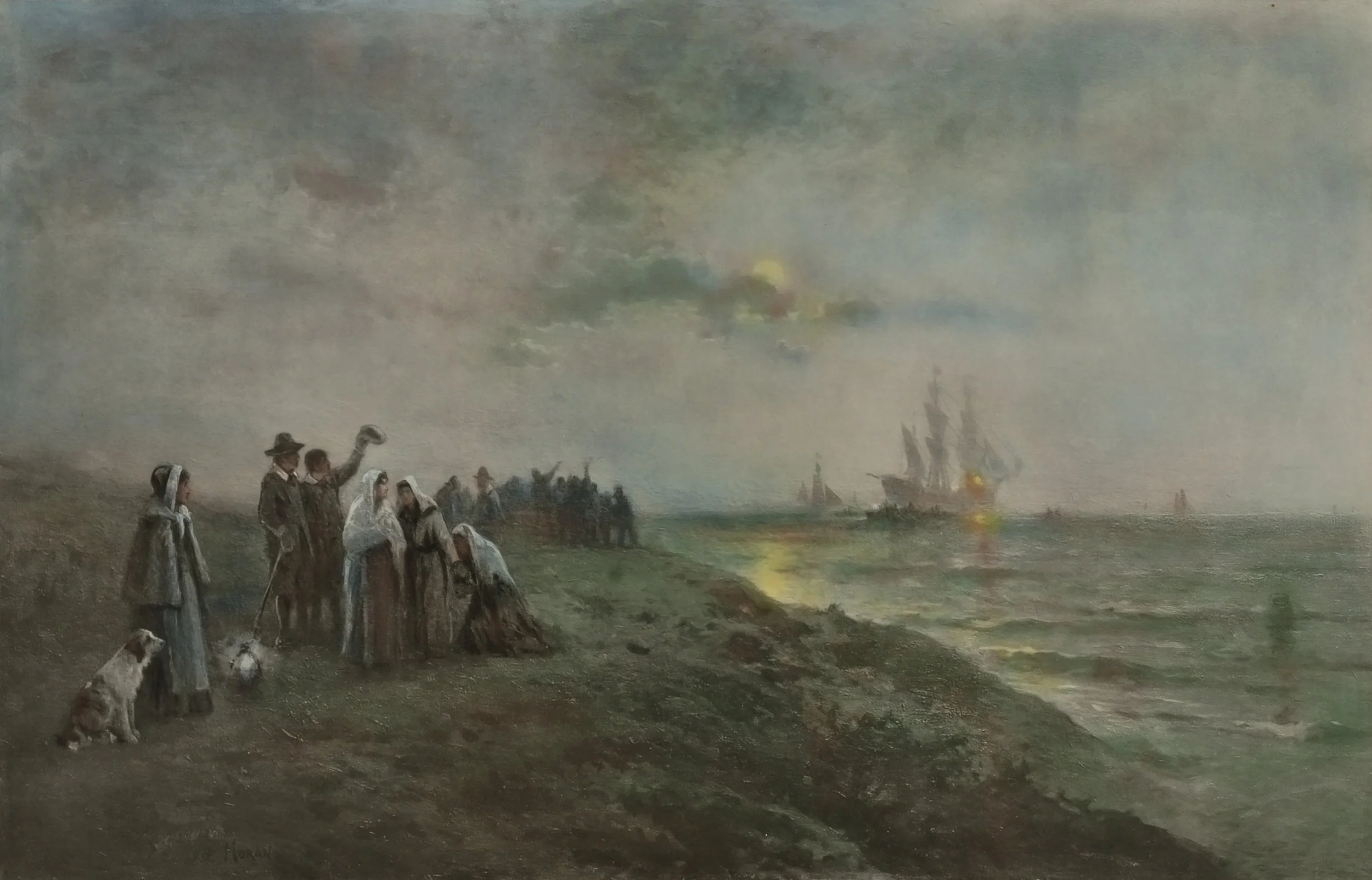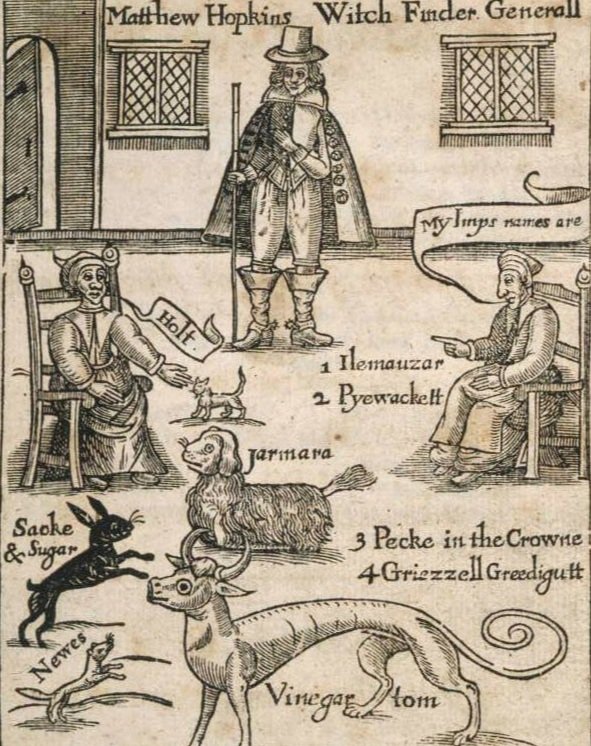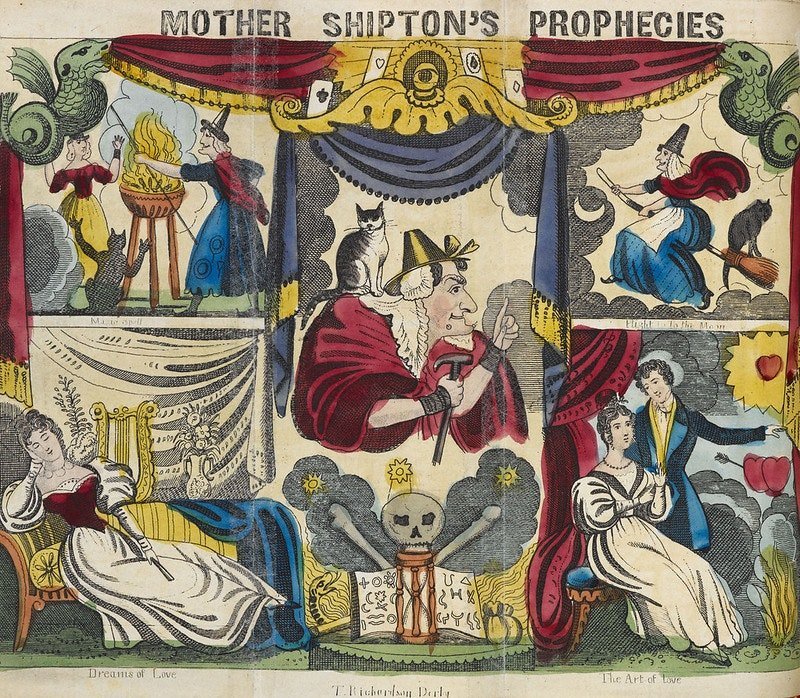
History
The Founding of Jamestown
In this vivid reconstruction of America’s precarious first settlement, Morris and Woodress peel back the mythology to reveal Jamestown as a desperate gamble, beset by starvation, corruption, and internecine strife, sustained more by accident, improvisation, and Native diplomacy than by vision. What emerges is less a triumphal origin story than a cautionary epic, where the line between survival and collapse narrows to a worm-eaten handful of barley.
Colonial Life
A kaleidoscopic glimpse into early American life, this chapter shifts the lens from battlefields and charters to the rhythms of ordinary existence: muddy roads, mismatched bread, amateur diplomacy, and deer crashing through parlor mirrors. In the voices of Franklin, Byrd, and Knight, colonial America emerges not as a mythic Eden or a theater of heroic suffering, but as a sprawling, uneven experiment in self-reliance, satire, and stubborn improvisation.
Royal Feasts and Savage Pomp
Hazlitt traces the rise of culinary pageantry from medieval austerity to Restoration splendor, where cooks became chemists and peacocks arrived at table in full regalia: stuffed, re-feathered, and glazed in egg yolk. But beneath the roasted swans and edible allegories lies a deeper tension: the grotesque ballet of class, appetite, and spectacle. Here, the evolution of English gastronomy becomes a parable of social transformation, in which the banquet table is both altar and battleground.
Why the Middle Ages Fell Into Despair
Michelet’s lamentation of a millennium adrift: a Church that promised childlike renewal, but enforced spiritual stagnation; a people whose legends rose from the soil, only to be pruned by clerical fear; a world where freedom hardened into serfdom, and vitality collapsed under the weight of yawning monotony.
Country-House Life in England
Reginald Wynford’s exhaustive portrait of English country-house life blends social anthropology with nostalgic prose, tracing the rituals, economies, and hierarchies that animate the great rural estates. From the breakfast table to the billiard room, the manor emerges not only as a seat of leisure but as the quietly beating heart of English class identity.
The History of the Condition of Women: Europe
In her sweeping moral survey of European womanhood, Lydia Maria Child marshals history as both evidence and indictment, tracing the entrenchment of patriarchal custom across class, church, and crown. What emerges is less a chronology than a cumulative argument — one in which progress is never assumed, and civilization often masks its own brutality.
Ten Days in a Mad-House; Or, Nellie Bly’s Experience on Blackwell’s Island
In prose as brisk and unnerving as the institution it exposes, Nellie Bly’s undercover account of life inside Blackwell’s Island asylum remains a landmark of journalistic bravery and feminist indictment. What emerges is not merely a portrait of cruelty, but a razor-sharp study of how poverty, language, and nonconformity were mistaken, often willfully, for madness.
Frankenstein, the Baroness, and the Climate Refugees of 1816
It's now 200 years since "The Year Without a Summer", when a volcanic sun-obscuring ash cloud caused temperatures to plummet. Explore how it offers an alternative lens through which to read Mary Shelley's Frankenstein, a book begun in its midst.
Lofty Only in Sound: Crossed Wires and Community in 19th-Century Dreams
A curious case of supposed dream telepathy at the end of the US Civil War, in which old ideas about the prophetic nature of dreaming collided with loss, longing, and new possibilities of communication at a distance.
Divining the Witch of York: Propaganda and Prophecy
Said to be spawn of the devil and possessed with prophetic insight, Mother Shipton was Yorkshire's answer to Nostradamus. She wielded power for centuries — from the Tudor courts, through civil war, to the spectre of Victorian apocalypse.


